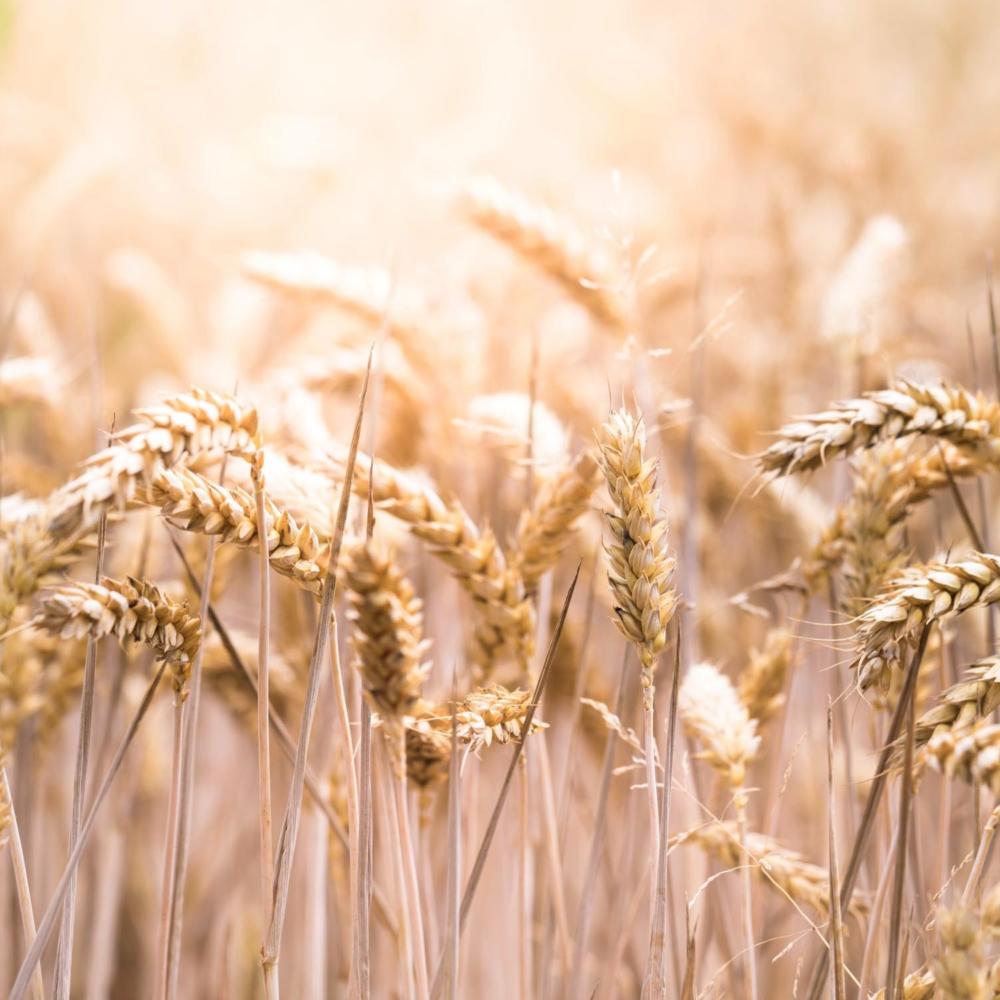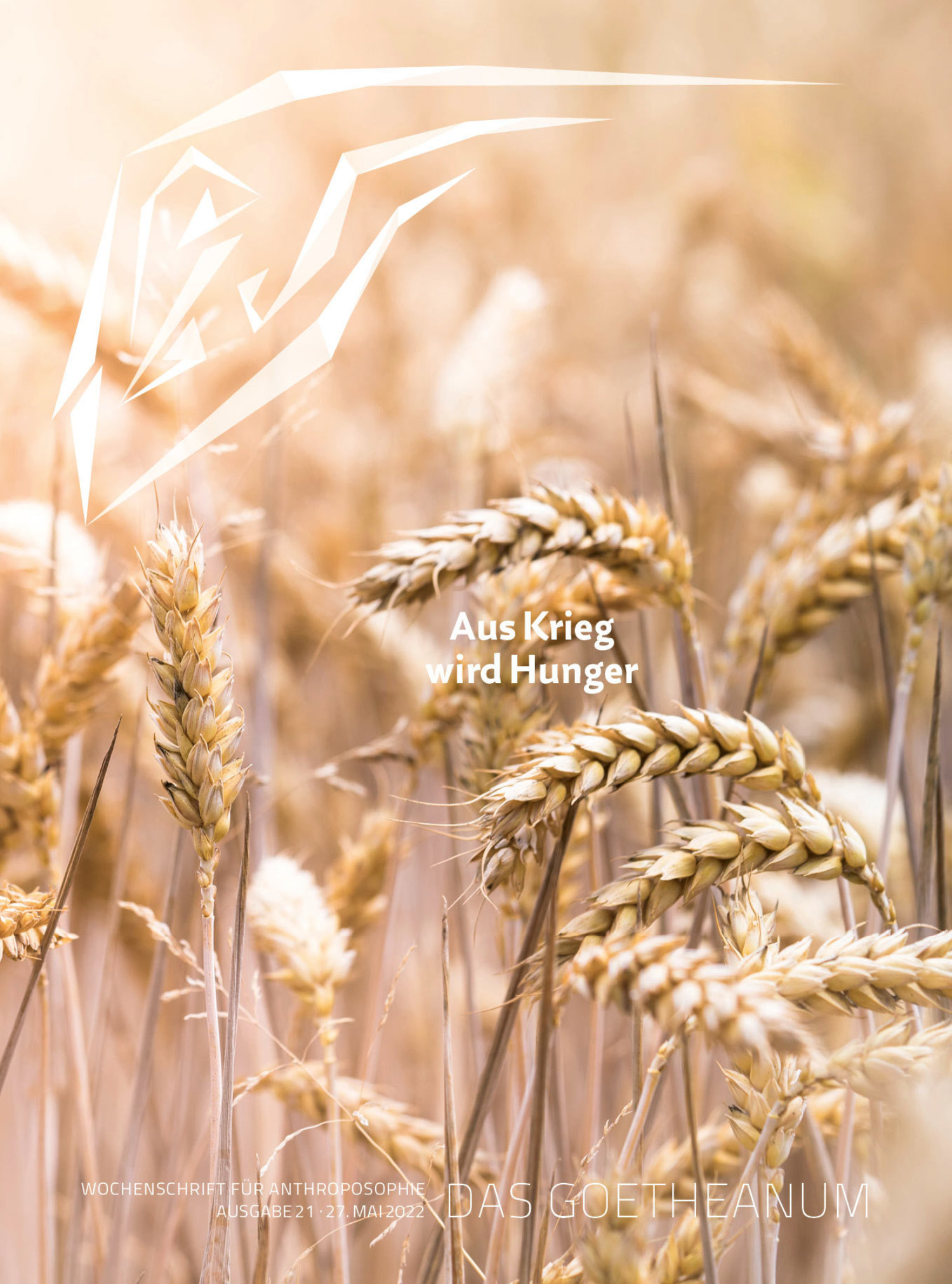The Drama Around Wheat
From wheat, we bake bread. Our ‹daily bread› represents our daily nourishment in general. But where does wheat for bread come from? Of course, from farmers’ wheat fields. But for many people who eat bread every day, the fields ‹their› wheat is grown on are far away, for example in Ukraine or even in Russia.
For instance, 90 percent of the wheat consumed by Egypt’s 100 million inhabitants comes from Ukraine and Russia. The situation is similar in Lebanon, Morocco, and other countries. In these countries, a lot less wheat is grown than is consumed. In Ukraine, in turn, far more wheat is grown than is consumed in the country, and thus a lot of wheat can be exported. The trading of wheat and other staple foods established in times of peace is now disrupted by war. Cargo ships cannot leave Odessa and other ports in the Black Sea because sea routes are mined with bombs. And thus no wheat ships arrive in Beirut and Alexandria. That is the current drama around wheat.
There is a shortage of wheat on the world market due to the situation in Ukraine. What’s more is the uncertainty of how the harvest in 2022 will turn out. Can sowing take place, can fertilizing take place, and can harvesting take place? Russia produces the most nitrogen fertilizer in the world. In many countries, fertilizer is becoming scarce due to mutual sanction policies. Prices in the agricultural sector have already risen sharply. There is instability, uncertainty, speculation, and the ghost of a hunger crisis looms on the horizon. Officials for the UN World Food Programme are sounding alarms because approximately 20 million tons that are still in storage in Ukraine are so desperately needed for their aid program, for example in East Africa, where more than 20 million people are suffering from famine due to a massive drought.
Is Organic Farming to Blame?
Werner Baumann spoke out on the 19th of March. Baumann is head of the multinational pharmaceutical and agricultural company Bayer, which gained recognition in 2018 for the acquisition of Monsanto, the manufacturer of the broad-spectrum herbicide Roundup. «We are already in a state of crisis with regard to grain supply,» he said, expressing concern about impending hunger for many millions of people. He considers the forced mechanization of agriculture to be a strategic solution, for example through genetically modified wheat that can bind nitrogen like legumes, through smart farming – which requires artificial intelligence in agricultural technology – or through training programs for 100 million small farmers. This sounds like a revival of the Green Revolution, whose promises were never fulfilled. On the 8th of May, Erik Fyrwald, CEO of Syngenta, issued a statement that culminated in an accusation against organic farming. It is to blame for hunger in Africa, he said, because the yield per hectare is only 50 percent of that of chemical farming. (In reality, the average yield for all crops is 81 percent, with much lower energy usage and a much better overall ecological balance.) Fyrwald, like his colleague from Bayer, argues for an approach based on eco-technology.
This text is an excerpt from an article published in the weekly journal 'Das Goetheanum'. You can read the full article on the website of 'Das Goetheanum'.


